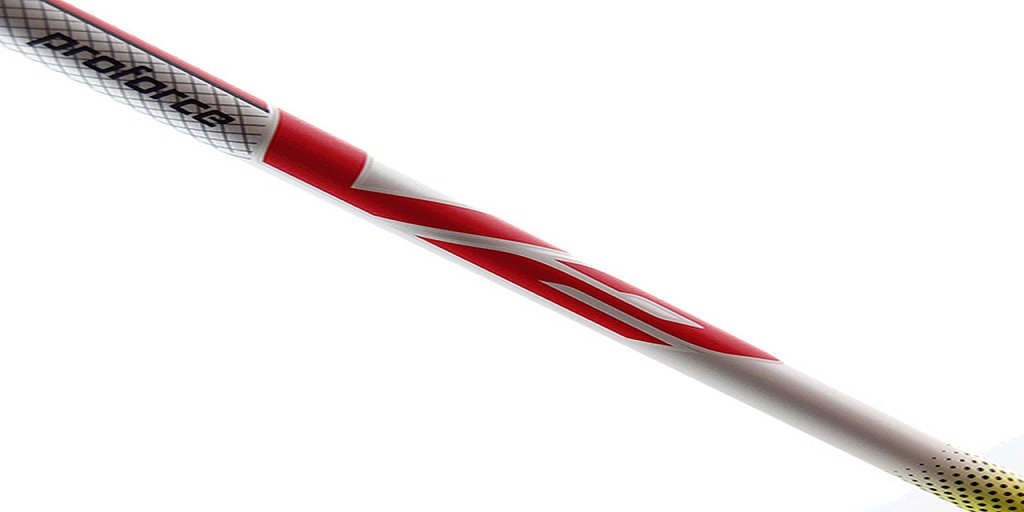When you’re evaluating golf driver shafts for sale, there are a couple of important attributes you need to be aware of. Some of the most important of these are shaft material, length, and flex.
Playing with a shaft that is too long or short can have significant adverse effects on your performance, as can playing with a shaft that’s not of the proper shaft flex.
On the topic of flex, it’s also important to play with a shaft that has a torque rating that’s well suited to your abilities. Here are a few things you need to know.
What Is Torque?
Torque is how much a golf shaft “twists” around an axis that runs through its center. The shaft rating is typically measured in degrees. For instance, a golf driver shaft with a torque rating of “5” will rotate 5 degrees around the axis aforementioned.
The torque rating is closely related to shaft flex, and golf driver shafts for sale with more flexible ratings also tend to have higher torque ratings as well.
While most golfers and trainers would agree that torque is not quite as important as flex, torque can still affect your golf swing through the shaft and will also impact how the club head strikes the ball at the moment of impact, so torque rating is a relatively important shaft factor to understand.
How Does Torque Affect Your Golf Swing
When you swing a golf club, the mass of the club head resists the action of the force exerted on the shaft. This is the most important factor that actually makes a golf club shaft twist.
The higher the shaft torque rating, the more “open” the club head will be when it contacts the ball. Moreover, the stronger the golfer is and the faster the golfer’s swing, the more exaggerated the effects of torque will be.
Some golfers might find this frustrating. Being unable to control the club head because the shaft torque rating is too high can make it feel like the swing is inconsistent. Also, when the club contacts the ball with an open face, it tends to produce fades.
Contrarily, if a shaft’s torque rating is too low, it, like flex, can impact the trajectory of the shot. Stiff, low torque rating shafts tend to produce low trajectories that, in the hands of a player with a slower swing speed, can also be frustrating.
But these are extreme examples. For the majority of players, most of the time, torque rating is not something that should pose a significant issue when picking out a shaft or getting fitted. It’s really only something that you need to be aware of if you’re struggling with shot errors that, otherwise, you can’t seem to diagnose. Fades, for instance, can potentially be caused by playing with a shaft that simply has too high of a torque rating.
Is High or Low Torque Better in Golf Driver Shafts for Sale?
It’s not that simple, but here are some key takeaways. Golfers with high swing speeds tend to prefer stiffer shafts and similarly, shafts with low torque ratings. Contrarily, players with slower, smoother swings tend to prefer shafts that are more flexible, which typically also have higher torque ratings.
Looking for a new golf driver shaft for sale? Need someone to help answer your questions about golf shaft flex or torque ratings? Visit Dallas Golf Company at DallasGolf.com. They carry a wide selection of shafts, including Aldila, Fujikura, MCA, True Temper shafts, and much more.
They also have an online shaft fitting tool but if you need personalized recommendations or have questions, you can also call them at 800-955-9550.



